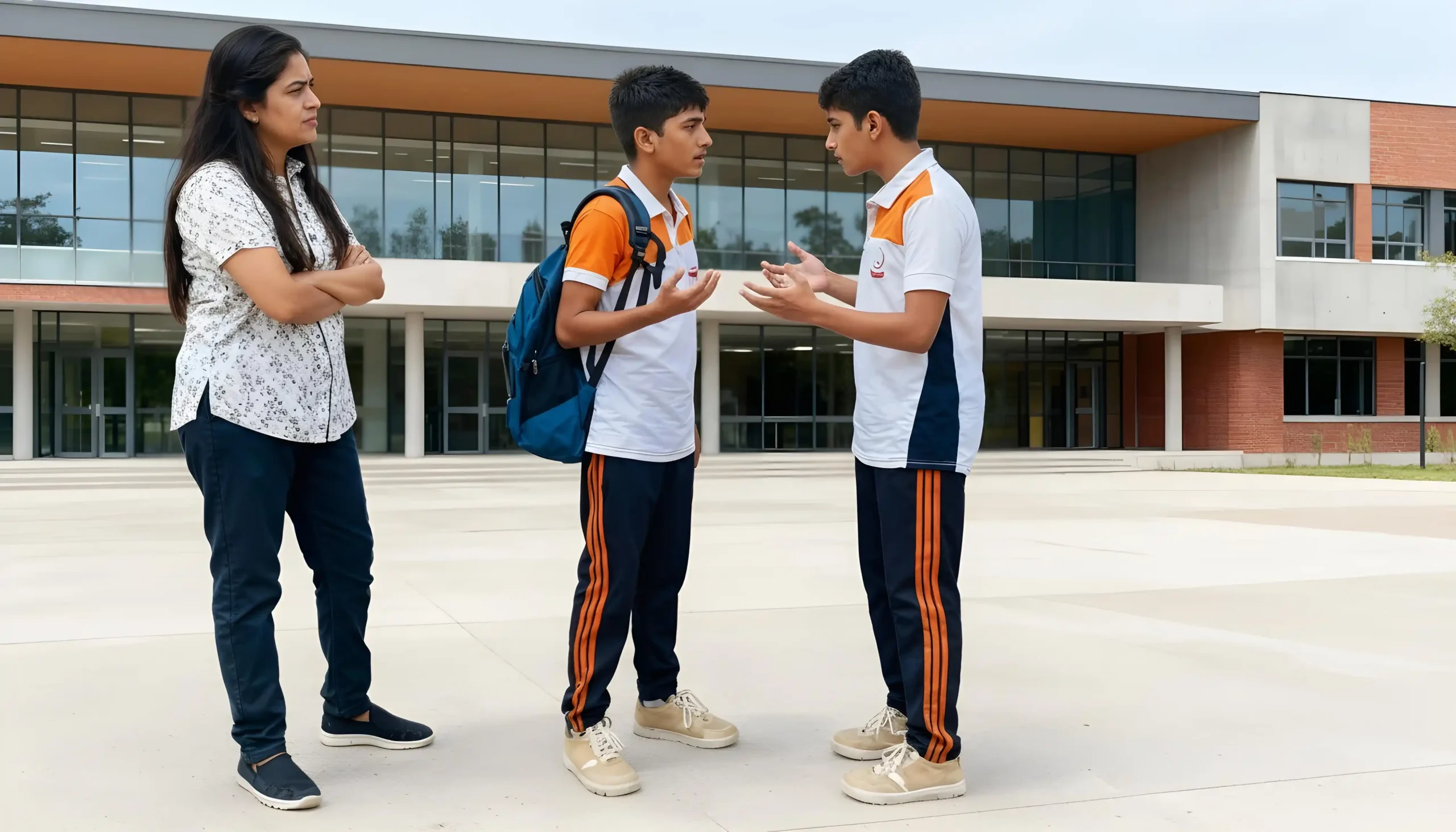Kids are often tougher than we think. A mean comment in the hallway, a short argument over a pencil, or being left out of a lunchtime game might hurt in the moment—but most children move on pretty quickly. These small ups and downs are part of growing up. They help kids learn how to communicate, set boundaries, and make peace after disagreements.
But here’s where things sometimes go wrong: a child comes home and mentions a small issue, and suddenly it turns into a big drama—not because of the child, but because of how the parent reacts. What started as a passing moment at school can spiral into a full-blown conflict once adults get involved.
How Kids Usually Handle It
When something minor happens, kids tend to feel upset for a bit—but they’re quick to bounce back. Their emotions flare up, then fade just as fast. This is actually a healthy part of emotional growth.
By dealing with little conflicts on their own, children learn valuable life skills:
- Controlling emotions: Figuring out how to calm down without always needing an adult to step in.
- Solving problems: Finding their own ways to get along with different kinds of people.
- Letting go: Realizing that one bad moment doesn’t have to ruin a friendship.
These small arguments are like practice rounds for real life. Once kids talk it out, apologize, or simply move on, the issue usually disappears as quickly as it came.
When Parents Overreact
Parents love their children deeply—and that’s exactly why they sometimes overreact. Seeing your child hurt can bring up your own memories of feeling left out or bullied. It’s easy to assume that a small issue today could grow into something bigger tomorrow.
This often leads to what we might call “helping too much.” Parents may start calling other parents, messaging teachers, or even confronting the other child directly. But to the kids involved, this can feel embarrassing or confusing—especially when they were already ready to move on.
Why does this happen?
- Fear for the future: Parents imagine one small slight turning into a bigger problem, like long-term bullying or social rejection.
- Emotional connection: They relive their own childhood pain and project it onto their child’s situation.
- Wanting to fix everything: Modern parenting often makes us feel like we have to protect our kids from every little hurt.
The Hidden Damage of Overinvolvement
When adults turn a small moment into a big issue, it can actually backfire. Here’s how:
- Kids lose confidence: They start believing they can’t handle problems without a parent stepping in.
- Conflicts drag on: What could have blown over in a day becomes a long-term standoff between families.
- Social tension grows: Teachers feel pressured to intervene, and classmates might avoid both kids altogether to stay out of the drama.
In the end, no one wins. The child who was upset doesn’t learn how to recover and forgive, and the other child is left feeling shamed for a small mistake.
What Works Better: Guidance Over Intervention
Good parenting doesn’t mean fixing every problem—it means helping your child learn how to handle them. Instead of jumping into “rescue mode,” it’s better to be calm and supportive.
Listen to what your child says, validate their feelings (“That must have hurt”), and then gently guide them toward solutions. Simple questions like:
- “What do you think you’ll do next time?”
- “How can you make things better with your friend?”
These questions help your child think, learn, and grow.
Because the truth is, small hurts and misunderstandings are part of every friendship. When parents show trust in their kids’ ability to manage them, they build strong, independent children who can handle life’s bigger challenges later on.
The goal isn’t to create a life with no conflict—it’s to raise a child who can face it with confidence and kindness.












